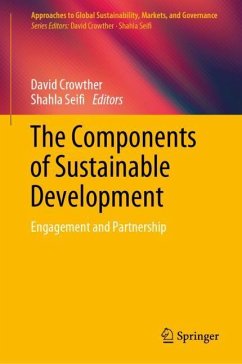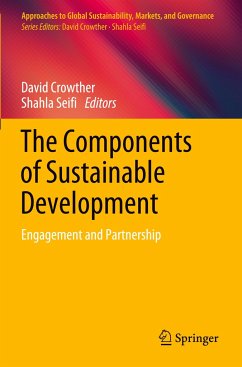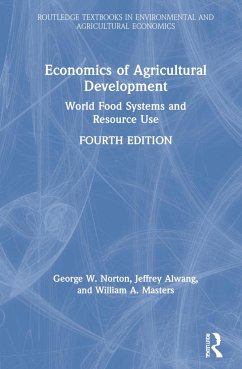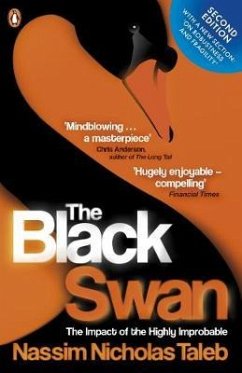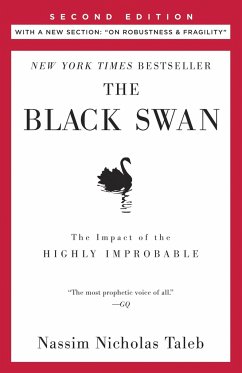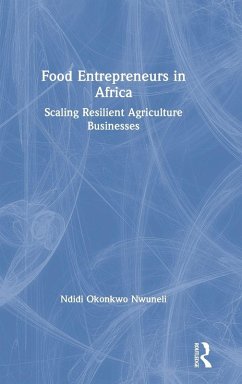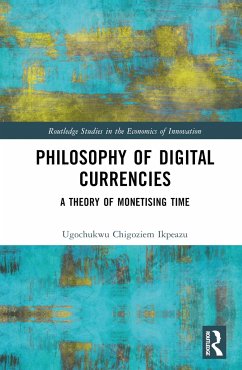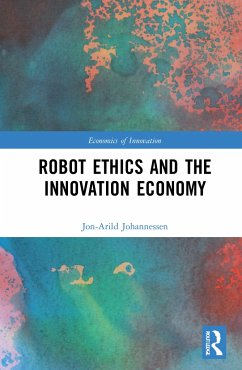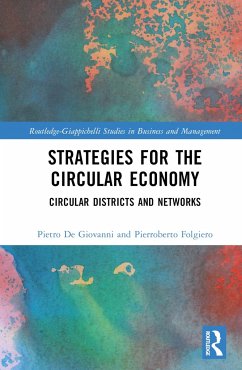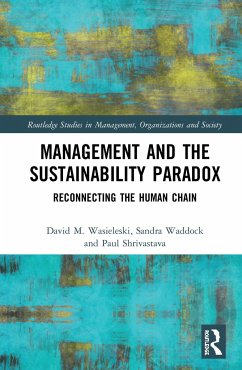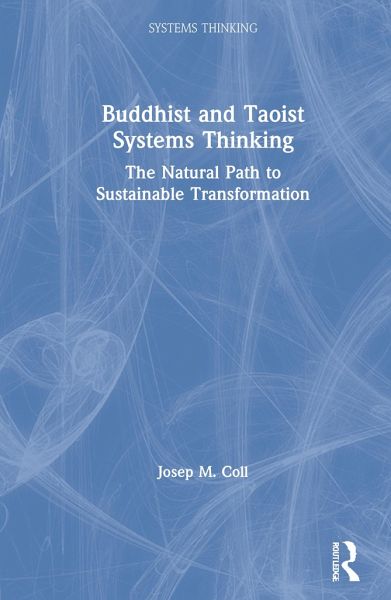
Buddhist and Taoist Systems Thinking
The Natural Path to Sustainable Transformation
Versandkostenfrei!
Versandfertig in 1-2 Wochen
168,99 €
inkl. MwSt.
Weitere Ausgaben:

PAYBACK Punkte
84 °P sammeln!
Buddhist and Taoist Systems Thinking explores a radical new conception of business and management. It is grounded on the reconnection of humans with nature as the new competitive advantage for living organizations and entrepreneurs that aspire to regenerate the economy and drive a positive impact on the planet, in the context of the Anthropocene. Organizations today struggle in finding a balance between maximizing profits and generating value for their stakeholders, the environment and the society at large. This happens in a paradigm shift characterized by unprecedented levels of exponential c...
Buddhist and Taoist Systems Thinking explores a radical new conception of business and management. It is grounded on the reconnection of humans with nature as the new competitive advantage for living organizations and entrepreneurs that aspire to regenerate the economy and drive a positive impact on the planet, in the context of the Anthropocene. Organizations today struggle in finding a balance between maximizing profits and generating value for their stakeholders, the environment and the society at large. This happens in a paradigm shift characterized by unprecedented levels of exponential change and the emergence of disruptive technologies. Adaptability, thus, is becoming the new business imperative. How can, then, entrepreneurs and organizations constantly adapt and, at the same time, design the sustainable futures they'd like? This book uniquely explores the benefits of applying Buddhist and Taoist Systems Thinking to sustainable management. Grounded in Taoist and Zen Buddhist philosophies, it offers a modern scientific perspective fundamentally based on the concepts of bio-logical adaptability and lifefulness amidst complexity and constant change. The book introduces the new concept of the Gaia organization as a living organism that consciously helps perpetuate the conditions for life on the planet. It is subject to the natural laws of transformation and the principles of oneness, emptiness, impermanence, balance, self-regulation and harmonization. Readers will find applied Eastern systems theories such as the Yin-Yang and the Five Elements operationalized through practical methodologies and tools such as T-Qualia and the Zen Business model. They are aimed at guiding Gaia organizations and entrepreneurs in leading sustainable transformations and qualifying economic growth. The book offers a vital toolkit for purpose-driven practitioners, management researchers, students, social entrepreneurs, evaluators and change-makers to reinvent, create and mindfully manage sustainable and agile organizations that drive systemic transformation.





